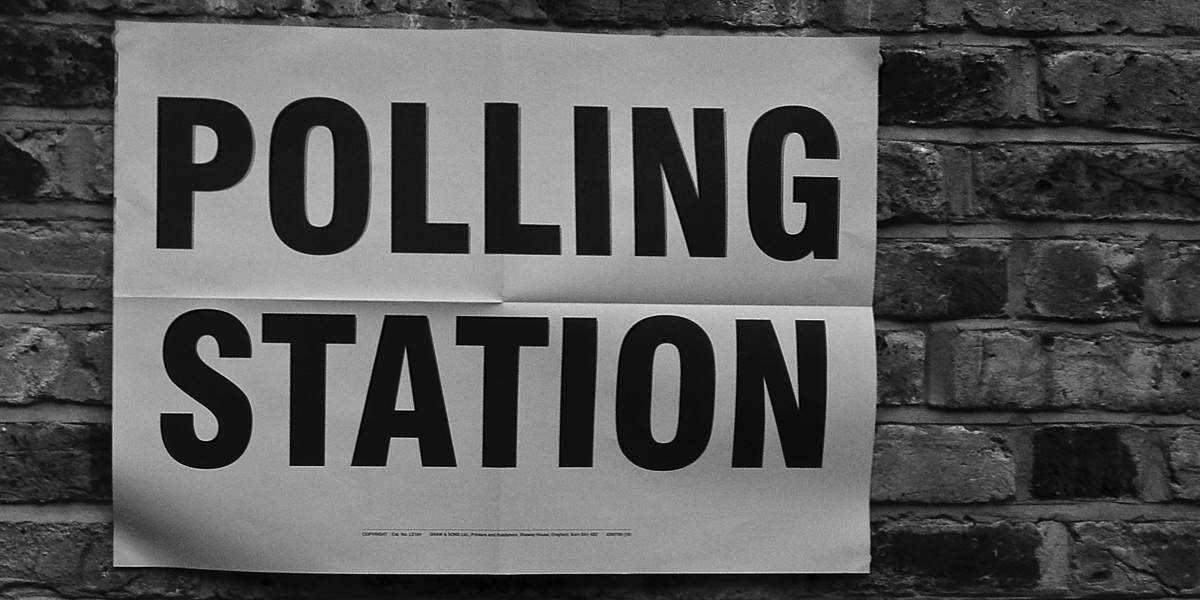Representation: Engaging women in politics
Last week, Fiona Woolf became the second female Lord Mayor of the City of London in the 800 year history of the office. She will oversee 3,500 staff that promote financial services based in the square mile. Woolf has chosen...
Last week, Fiona Woolf became the second female Lord Mayor of the City of London in the 800 year history of the office. She will oversee 3,500 staff that promote financial services based in the square mile. Woolf has chosen a brilliant theme for her year as Lord Mayor, diversity. The City of London faces many challenges and Woolf argues that the solution to these challenges will be found from as wide a talent pool as possible. If everyone trying to tackle challenges and problems come from the same background and perspectives, then group think occurs and new ideas for change can be stifled. The same argument can be made for increasing the amount of women into politics. The challenges that local councils, the UK and Europe face need diversity of thinking to come up with innovative solutions to tackle them. This would be achieved by encouraging a greater number of women to stand for political office.
Women represent over half the population and until women are equally represented in political decision making can lead to decisions; policies will continue to be made that do not take into account the needs, opinions and perspectives of women. As the youngest woman on Barking and Dagenham council, I am acutely aware of the lack of women as local councillors, where the typical profile is a 60 year old white male.
I have tried to put gender on the council’s radar, by weaving it into everything I do particularly as one of two women on the planning committee and chair of the health scrutiny committee. For example when the new clinical commissioning groups were set up for each local authority due to the health care reforms, I expressed my disappointment that there was only one woman on the group. I also try to ensure that committee meetings do not run past 8.30pm.
Barriers remain to women’s involvement in politics at the local, national and European level. The selection process to become a candidate can be lengthy and expensive. For women interested in going for seats outside of their local area, they are faced with travel and hotel expenses and weeks away from home as they try to build a relationship with local party members. Even now more women are working, the division of labour remains and they still pick up the lion’s share of household chores and childcare responsibilities.
It is really important that we have women at the grassroots level. The experience that women can gain from their work experience in non-governmental organisations, charities and voluntary organisations can often provide the platform and the confidence for women to shift into the political arena and influence the agenda. It is not just about having the opportunity to run for political office.
Women need the right means, space, opportunities and support to participate and influence decisions, which will in turn contribute to a fairer and more inclusive society. This should begin at a young age, with citizenship classes in schools incorporating democracy and politics into the curriculum. A lower voting age of 16, which the Labour party supports, may also help to embed the importance of political participation at a younger age. Women who have successfully broken through the barriers to become elected representatives should act as role models and mentors to other women and not pull the ladder up once they reach the top.
We have come a long way in terms of women rights. We now have the Equality Act which affords protection for women in the workplace as well as European legislation on equal pay as well as protection against discrimination for women who are pregnant or on maternity leave. European legislation has also protected the rights of part time workers like me, to ensure that we have the same access to training, maternity and annual leave just as full time workers receive.
There is still a long way to go. Even with legislation women are still being treated less favourably in the workplace once they disclose they are pregnant. There are only 24% of women who are MPs in the UK parliament. The European parliament fares better with female representation at 35% but only three of the 14 vice presidents of the European parliament are women. Gender parity in politics improves the quality of policy making and leads to an allocation of public resources that respond to the needs of both men and women in the long run.
Even though we have equal pay legislation, which should mean that women are not paid less than men for equivalent jobs, last week Thursday marked Equal Pay Day, the point in the year when the gender pay gap means women are now working for free until the end of 2013. A recent Chartered Management Institute report argues that part of the reason for the gender pay gap continuing is because not enough women are getting to the top, so the average pay will always be below that of men. Women working full time earn on average £5,000 less a year than their male colleagues.
